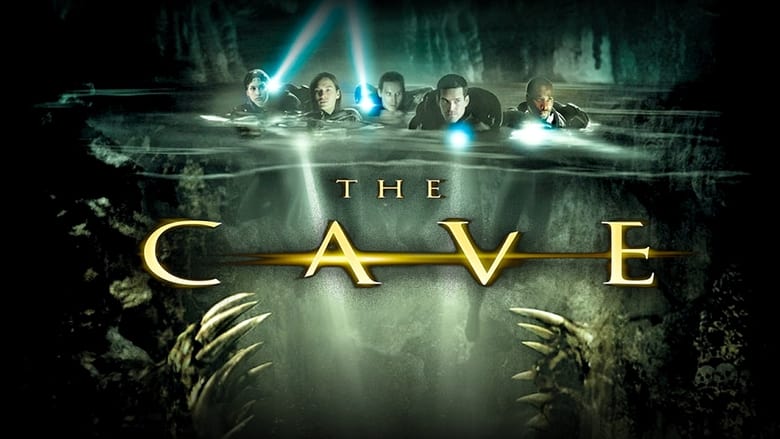“Don’t thank me. Just get these assholes.” So says an abuse survivor to Boston Globe reporter Mike Rezendes in Spotlight, director Tom McCarthy’s brilliant, essential profile of the intrepid reporting team that shone a light – god, sorry for that pun – on the systemic sexual abuse in the Boston Archdiocese, for which the paper won a Pulitzer Prize in 2004. Spotlight is flawless filmmaking, and heralds the arrival of a major talent in McCarthy, who for the last decade has been directing damn good indie movies like The Station Agent and The Visitor (we will not speak of his wretched Adam Sandler vehicle The Cobbler, which the existence of Spotlight pretty well nullifies). McCarthy also played an unethical reporter in the final season of The Wire, which isn’t important here but makes for a fun juxtaposition. This film makes McCarthy impossible to ignore, and as of this writing I think he’s a lock for the Best Director Oscar, his only real competition being Mad Max: Fury Road‘s George Miller.
McCarthy has always had a deft hand in directing actors, which must have made Spotlight a breeze to make, because this cast is unbelievable. The reporting team is comprised of Spotlight editor Walter Robinson (Michael Keaton) and reporters Sasha Pfeiffer (Rachel McAdams), Mike Rezendes (Mark Ruffalo) and Matt Carroll (Brian d’Arcy James). They report to editors Ben Bradlee Jr. (John Slattery) and Marty Baron (Liev Schreiber, whose natural stoic tendencies serve him well here). Billy Crudup has a nice turn as Eric Macleish, who represents the Catholic church, and Stanley Tucci steals every scene he’s in as prosecutor Mitchell Garabedian, who represents the scores of victims (Tucci’s seemingly fluid ethnicity makes it easy to buy him as an Armenian man).
While the cast is stacked with heavy hitters (three Oscar nominees!), Spotlight never feels like anything other than an ensemble picture. The focus is on the story, not the people who tell it, but McCarthy is wise enough to humanize these men and women by giving us just enough back story for each one. The film wisely eschews tropes like domestic strife or alcohol abuse, and generally thumbs its nose at cliche for its entire runtime (for example, as much as I love JFK, a film similar to this one, the domestic squabbling between Kevin Costner and Sissy Spacek really drags down the narrative). Everyone is so goddamn talented that it’s hard to pick a standout, so deeply they all commit to their roles. Ruffalo, however, nearly walks away with the whole movie. Mike is the film’s most emotionally open character, and Ruffalo has an explosive scene opposite Keaton that moved me to tears. The Best Supporting Actor conversation should begin and end with him.
Despite its dark subject matter, Spotlight is impossible to look away from (I had to use the restroom for the last thirty minutes, but there was no way I could leave my seat). It has the slow burn of a conspiracy thriller, coupled with the sickening weight of reality. These things happened, the film impresses upon us. These things happened and people did nothing.
The power of the church is a huge factor as well. In the film’s best shot, a reporter talks to an abuse survivor on his balcony, while a cathedral looms impossibly large in the background. There are centuries of power behind the entity that the Spotlight team is up against. Where the film succeeds most is in its depiction of old fashioned, dogged journalism. In many ways, Spotlight is the heir apparent to All the President’s Men – an obvious comparison, to be sure, but both films are landmark depictions of the search for truth. Look at the Spotlight team – they are investigating in every single scene, and if they’re not, well, they’re talking about the investigation.
Spotlight is the kind of film that should be taught in class – film classes, journalism classes, hell, even math classes. It’s that damn good. It’s always tempting, and always a cliche, to recommend a film due to its “importance,” but Spotlight is an important film. Not just from a filmmaking standpoint, but from a journalistic and even human standpoint. This is the kind of film that elicited a visceral reaction from the crowd I saw it with (the man behind me was fond of muttering “Fuckers” after every revelation). It left me reeling, and I don’t use that word often, or lightly. I had to collect myself, to process what I had just seen. (The end credits really drive home the horrendous enormity of what one character accurately describes as “a genuine psychosexual phenomenon.”) Spotlight is the best film of the year, better even than Mad Max or Inside Out. There’s no comparison.





